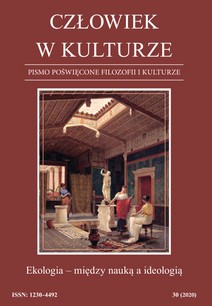Climate-change education: more ideology than science?
Climate-change education: more ideology than science?
Author(s): Curtis L. HancockSubject(s): Energy and Environmental Studies, Physical Geopgraphy, Environmental Geography, Environmental and Energy policy, Human Ecology
Published by: Fundacja »Lubelska Szkoła Filozofii Chrześcijańskiej«
Keywords: Climate-change education; global warming; CO2 concentrations; extreme events;
Summary/Abstract: A few years ago, a commercial for Nissan motors, advertising its environmentally friendly, electric-powered car, named the Leaf, ran frequently on American television. It captured one’s interest and even had a certain charm. The commercial opened with arresting images of glaciers melting and arctic ice crashing into the sea. The camera zooms into a lone polar bear, looking forlorn, adrift on a small patch of ice. Next, we see the polar bear swimming miles to a distant shore. Coming to land, he finds himself in a populated metropolitan area, where he walks relatively unnoticed (go figure). Eventually, he appears on the driveway of a Nissan owner. He approaches the owner who is about to enter his car. The polar bear embraces him. The motorist reciprocates with a generous hug of his own. The message, not lost on even the casual viewer, was twofold: (1) global warming is a threat to our planet’s survival, and (2) already global warming is a threat to the survival of polar bears. The commercial was bound to be effective in the United States, since tens of thousands of American school children, as a matter of educational policy, were subjected to Al Gore’s sensational film, An Inconvenient Truth.
Journal: Człowiek w Kulturze
- Issue Year: 2020
- Issue No: 30
- Page Range: 275-283
- Page Count: 9
- Language: English

